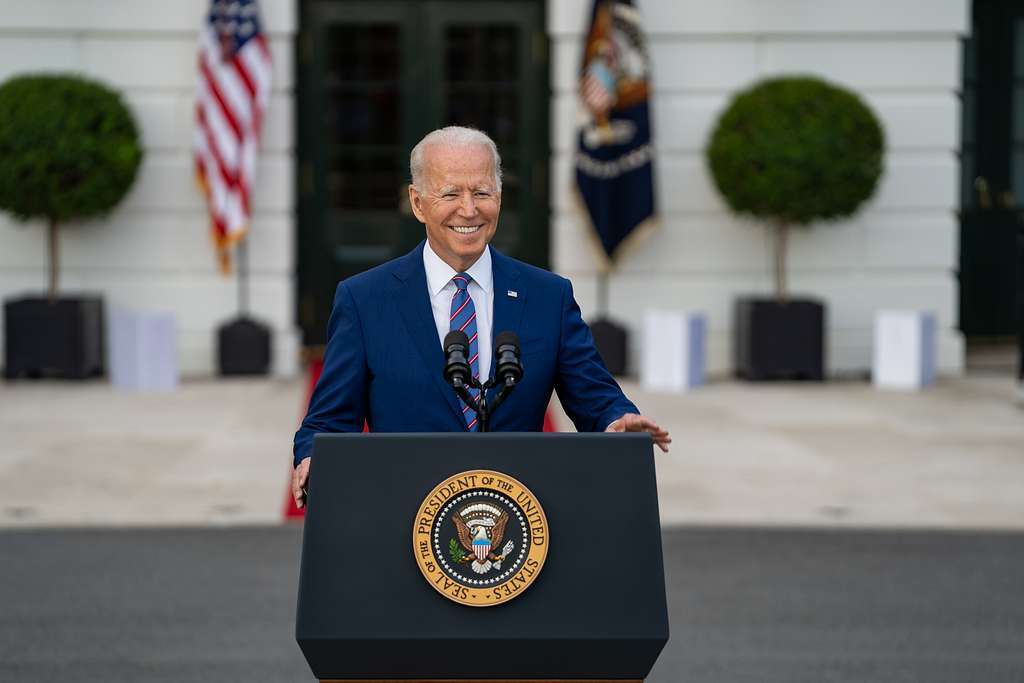Capitol Correspondence - 11.15.21
CVS Drops Supreme Court Case CVS v. Doe, Which Could Have Broadly Impacted Disability Rights

Share this page
Stay Informed on the Latest Research & Analysis from ANCOR
More News
Capitol Correspondence - 04.16.24
Justice Department Releases Final Rule to Enhance Web and Mobile App Accessibility for People with Disabilities
Capitol Correspondence - 04.02.24
CMS Finalizes Rule to Streamline Medicaid and CHIP Enrollment Processes

Capitol Correspondence - 04.02.24
President Biden Proclaims April 2024 as Care Workers Recognition Month


